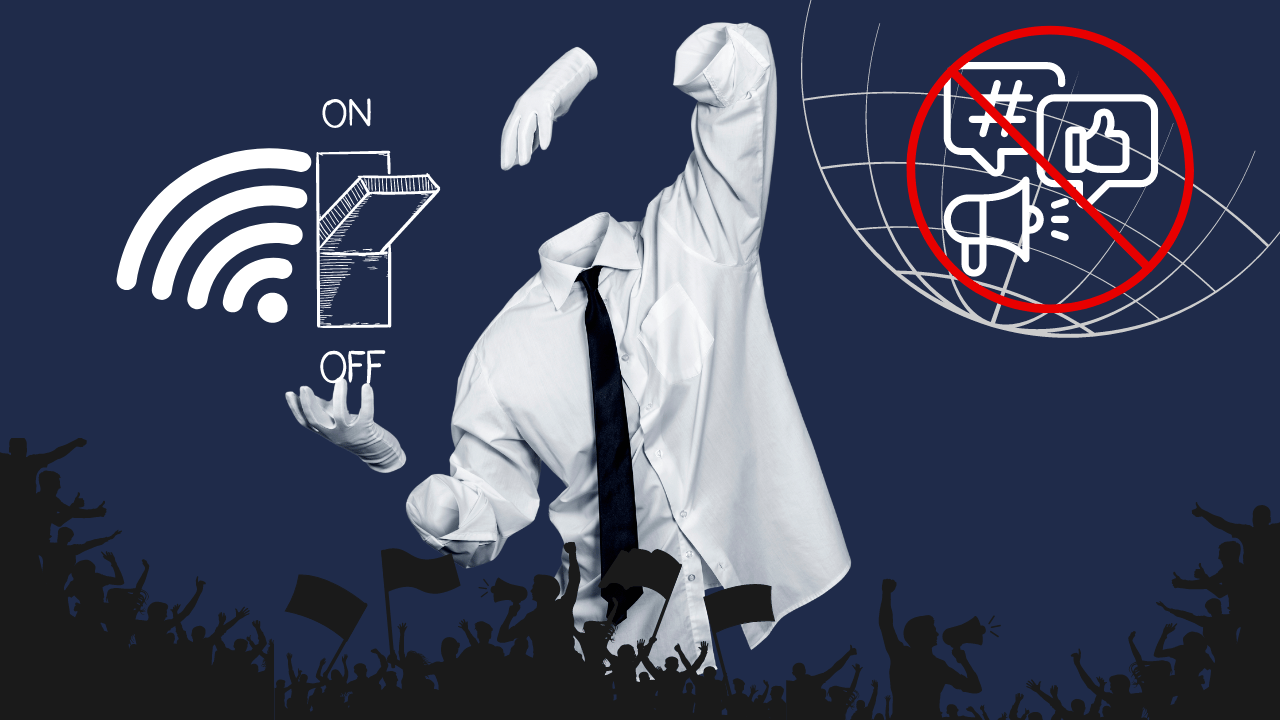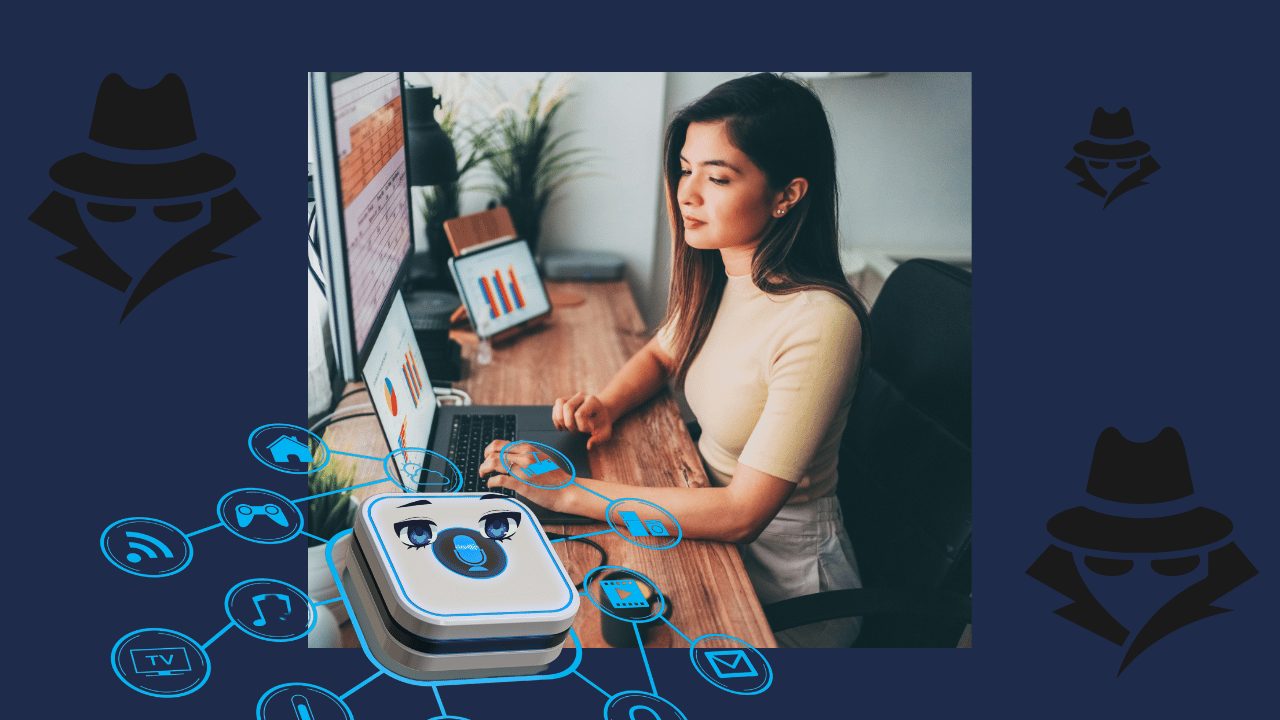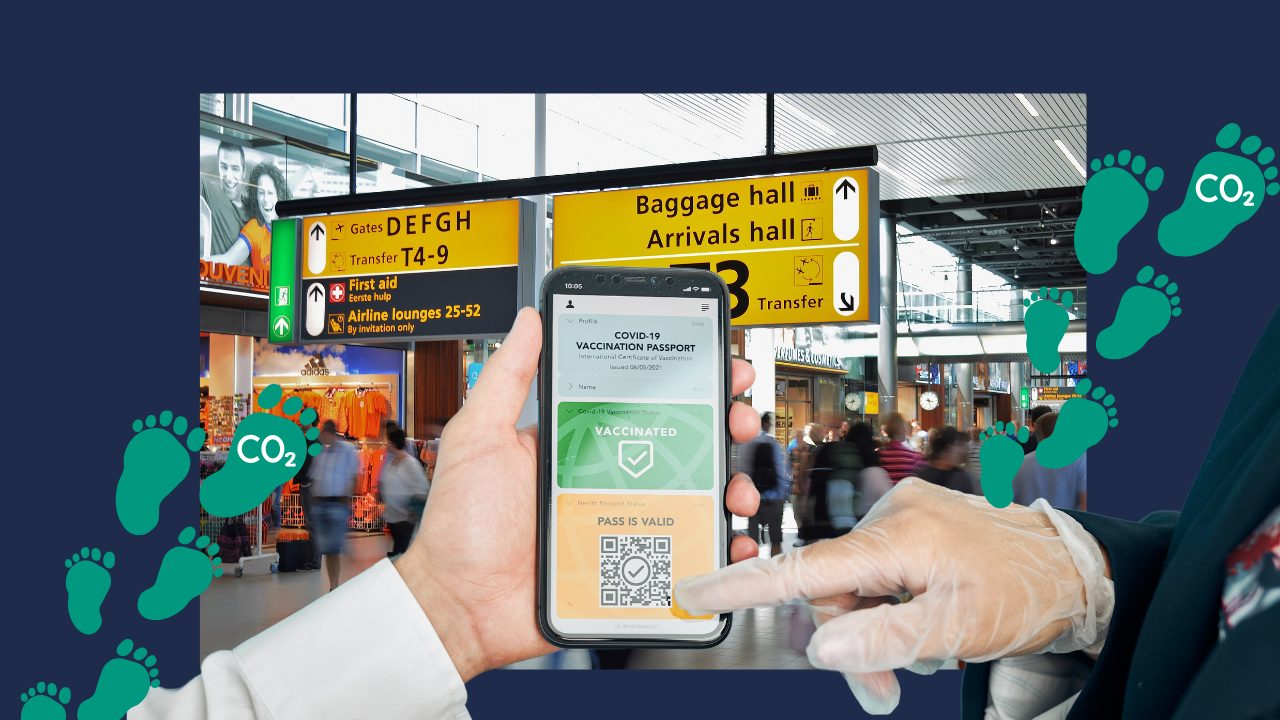Our romantic relationships are majorly happening online. Be it social media platforms like WhatsApp or Facebook, relationship-based apps like Tinder and Bumble, or dating apps like eHarmony, Zoosk, and more, we are hooking up more online than offline.
Thanks to the hundreds of apps and websites, social media platforms, etc., we human beings are connected like never before. So much so, that we have stopped drawing a line between virtual and in-person interactions. Today, speaking to a friend, staying connected with parents, siblings, kids, etc., is no longer a cause of heartburn even when you are thousands of miles apart. All you need to do is engage in a video call; behold, the person is right there in front of you, in real-time.
This is what is called digital intimacy.
Although the study of intimacy in online social interactions is still in its early stages, there is general agreement that a form of online intimacy can be experienced in this context. Raising the question of how these technologies are impacting the experience of interpersonal intimacy and its relationship with our well-being.
A few years back, Pew Research Center found that 57% of teens ages 13 to 17 had no problem making new friends online, with most of those friendships remaining in the digital space. That was 2015, and now that same generation of teens are adults. And their relationship preferences have carried forward with them. Many are even having intimate experiences that are purely digital.
Digital Intimacy has two sides of the coin, yes is very good to connect with people we love only in one click, but…
Technology listens to us, learns from us, and transmit from us…
As I always said, our data is a gold mine for companies and governments, relationship mapping has become as easy as buying a data base, that includes our photos, opening our camera and reading our texts. This is very sensitive topic, especially for women, whom can be victims digital leaks like intimate photos or videos.
Protecting our data doesn’t mean hiding, means protecting ourselves and our love ones.

Some applications get to know us so well that they’re almost like a human friend. For example, in Australia, hundreds of thousands of people are currently keeping company with an AI-powered companion called iFriend. The app promises to always listen, understand and understand you.
Ifriend can collect your fears, thoughts, feelings and vulnerabilities and use it against you manipulating your behavior and in the end affecting your mental health.
The over exposition to technology affect our perception of reality, we can affirm these after knowing all the researches about how Instagram is affecting our self-esteem and social interactions. We spend, at least, eight hours in front of screens every day, taking in consideration not only working or learning but gaming, texting, scrolling through social media, video chatting, browsing the web and streaming entertainment content.
Humans and technology are only going to become more intertwined. As society acclimates to the metaverse over the next decade, VR headsets will be replaced with far more advanced technologies that enable deeper, more immersive mixed realities blurrying even more the borders between the physical and the digital intimacy.
In PRVCY we recommend you not to fall for the convenience of establishing relationships based on digital spaces. Until you are in control of your own device, limiting permission and trackers in your devices the safest way to establish relationships is not revealing too much about your body, feelings and plans.












